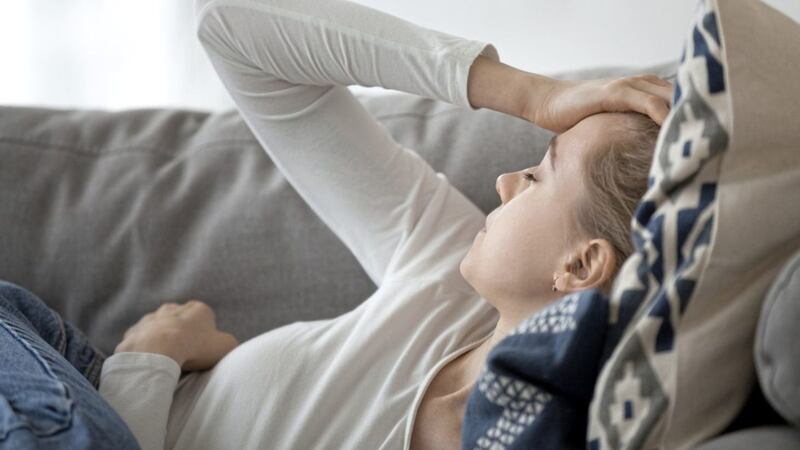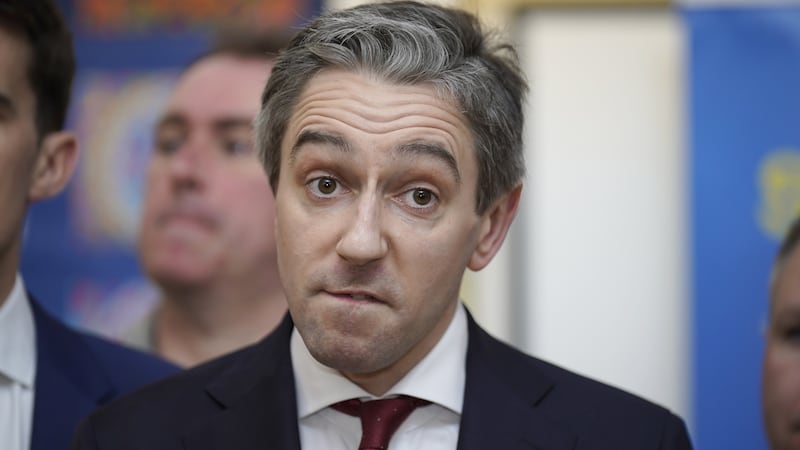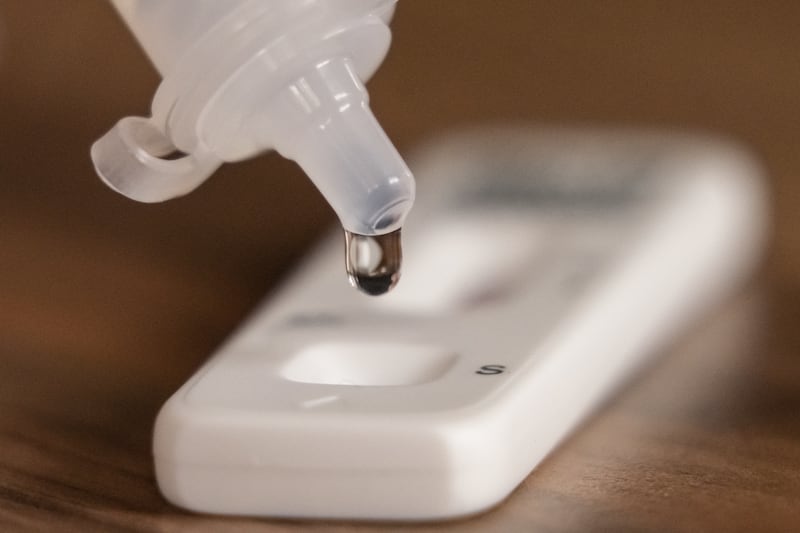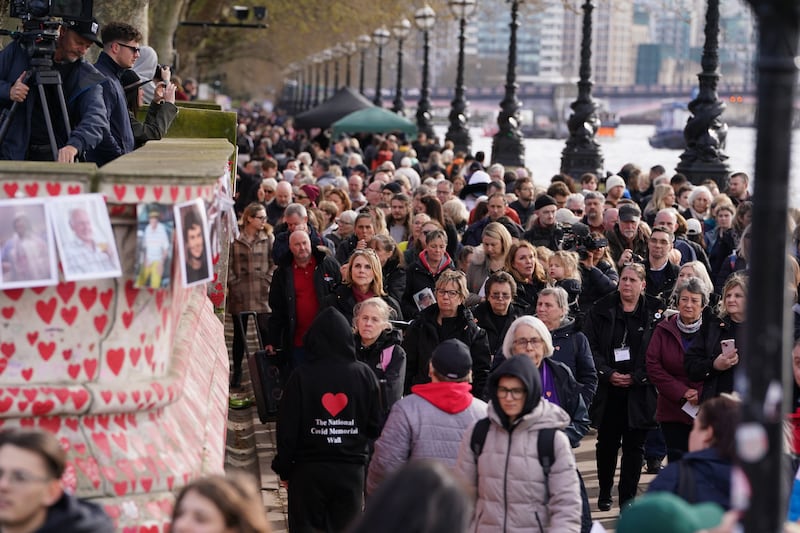We really are at a difficult crossroads in terms of what we do about the spread of Covid-19.
Positive cases of the virus have increased greatly across the island.
However, unlike when the virus first hit earlier this year there is now a difference of opinion as to how best to combat the pandemic during the difficult winter months.
There has been lots of finger pointing as to who or what is responsible for the rise, but figures across Europe show a similar second wave trajectory, despite countries adopting different approaches.
In the Madrid region 35 per cent of Spain's new cases are registered, despite having just 14 per cent of the country's population.
This is despite Spain having had a military style lockdown with army patrolling the streets, people not even permitted to leave their homes for exercise and mask wearing at almost 100 per cent.
As of this week Paris also raised the city's coronavirus alert to maximum following a period of high infection rates.
Again, France had one of the most restrictive and enforced lockdowns earlier this year.
Interior Minister Gerald Darmanin said the restrictions would be difficult for Parisians. "We are French, we love to drink, to eat, to live, to smile and to kiss each other".
But there is no kissing allowed in the new normal!
And so blaming each other or individual groups on being responsible for the increase is not just bad for society, it is also unfair and untrue as the virus is behaving exactly the same the world over despite different approaches.
And that is because it is passed from person to person and is almost impossible to stop unless we all agree to never leave our homes or interact again.
Waiting on vaccination is simply not viable, if and when a safe vaccine is discovered it will take months, even years to distribute, starting with the elderly, vulnerable and front line workers.
The rest of us will still have to take our chances until such a time as there is sufficient global supply, a process that will undoubtedly favour the wealthier countries and those who can afford private healthcare.
And so the big question is, what do we do until then?
The options are limited and none of them are ideal.
I'm more than willing to make changes to how I live my life if it means others can be spared the hardships they experienced earlier this year and I believe most responsible citizens feel the same.
But I am against any action that will once again penalise those who were already worse off.
Tens of thousands are now without a job.
Reports of domestic abuse soared in lockdown. Children from poorer families were left with no access to devices for online learning. Abandoned in homes with little food, children acting as carers for parents with disabilities or addiction and mental health problems.
Parents of children with severe disabilities who just about made it through the first lockdown with their life if not their sanity.
What would a cold, miserable winter lockdown be like for those people?
Those waiting on cancer screening or treatment, the people in chronic pain waiting on surgery.
People living alone who spent months without any human contact, our rural elderly, adults with learning difficulties.
There are of course extreme views on both sides of the debate.
The Covid warriors who have found comfort in handing over all responsibility for their lives to the state. Who delight at the thought of watching Netflix and ordering take away for the next three months while complaining about others as though it makes them war heroes.
And at the other end the anti-maskers, the Trump fanatics, the 5G conspiracy theorists, the eugenics champions who want a survival of the fittest approach. Open it all up, last man standing takes all.
Both lack empathy, both have a narrow perspective that indicate they have no understanding of what real hardship looks or feels like.
I believe we should tread the middle path, protect the capacity of the health service while also recognising that health is about more than a hospital bed, secondary deaths from overly restrictive regimes are just as important a consideration.
I don't envy any politician having to make the call, but when taking advice of experts they should not just be from one field, this is about more than a virus, this is about what our society will look and feel like when Covid-19 is but a distant memory.








